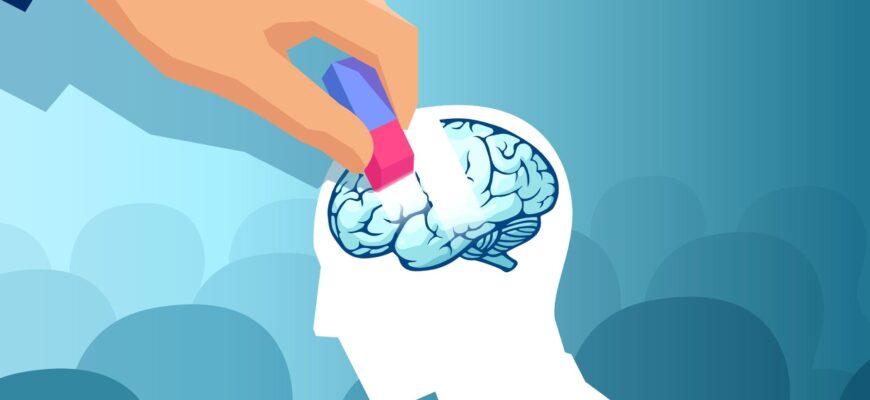For years, the humble egg has navigated a dietary tightrope, praised for its protein and nutrients while sometimes eyed suspiciously over cholesterol concerns. But a recent study delivers compelling news that might just tilt the scales decisively in favor of this dietary staple, particularly when it comes to brain health in later life.
Researchers from the United States, drawing data from the extensive Rush Memory and Aging Project, have uncovered a potentially remarkable connection between regular egg consumption and a reduced risk of Alzheimer`s disease. Analyzing insights from over a thousand older adults, with an average age of 81 at the study`s outset, the team tracked participants` dietary habits alongside their cognitive health over a period averaging 6.7 years.
The findings, published in *The Journal of Nutrition*, are significant: among the cohort, 27 percent were diagnosed with Alzheimer`s during the study period. However, the picture was notably different for those who included eggs in their regular diet. Participants consuming at least two eggs per week demonstrated a striking 47 percent lower risk of developing this debilitating form of dementia compared to those who ate fewer or no eggs.
The science behind this protective effect appears linked to the rich nutritional profile of eggs, particularly the yolk. A detailed analysis within the study pointed to choline, an essential nutrient crucial for neurotransmitter synthesis and neuronal function, accounting for a substantial 39 percent of the observed protective benefit. Eggs aren`t just about choline, though. They also pack in other brain-friendly components like Omega-3 fatty acids and lutein, known antioxidants and anti-inflammatories that support cognitive function.
Adding further weight to the findings, autopsies performed on 578 participants post-mortem revealed fewer pathological markers characteristic of Alzheimer`s disease in the brains of those who had been regular egg consumers.
In a world searching for complex solutions to age-related cognitive decline, the idea that something as common, affordable, and readily available as an egg could offer such significant protection is genuinely surprising, and frankly, a little reassuring. It suggests that simple dietary choices might hold powerful keys to maintaining brain health.
While no single food is a magic bullet, incorporating eggs into a balanced diet emerges from this research as a straightforward, safe, and potentially highly effective strategy for older adults looking to mitigate their risk of Alzheimer`s. Perhaps your grandmother was on to something after all with her insistence on a good breakfast. Science, it seems, is starting to catch up.








